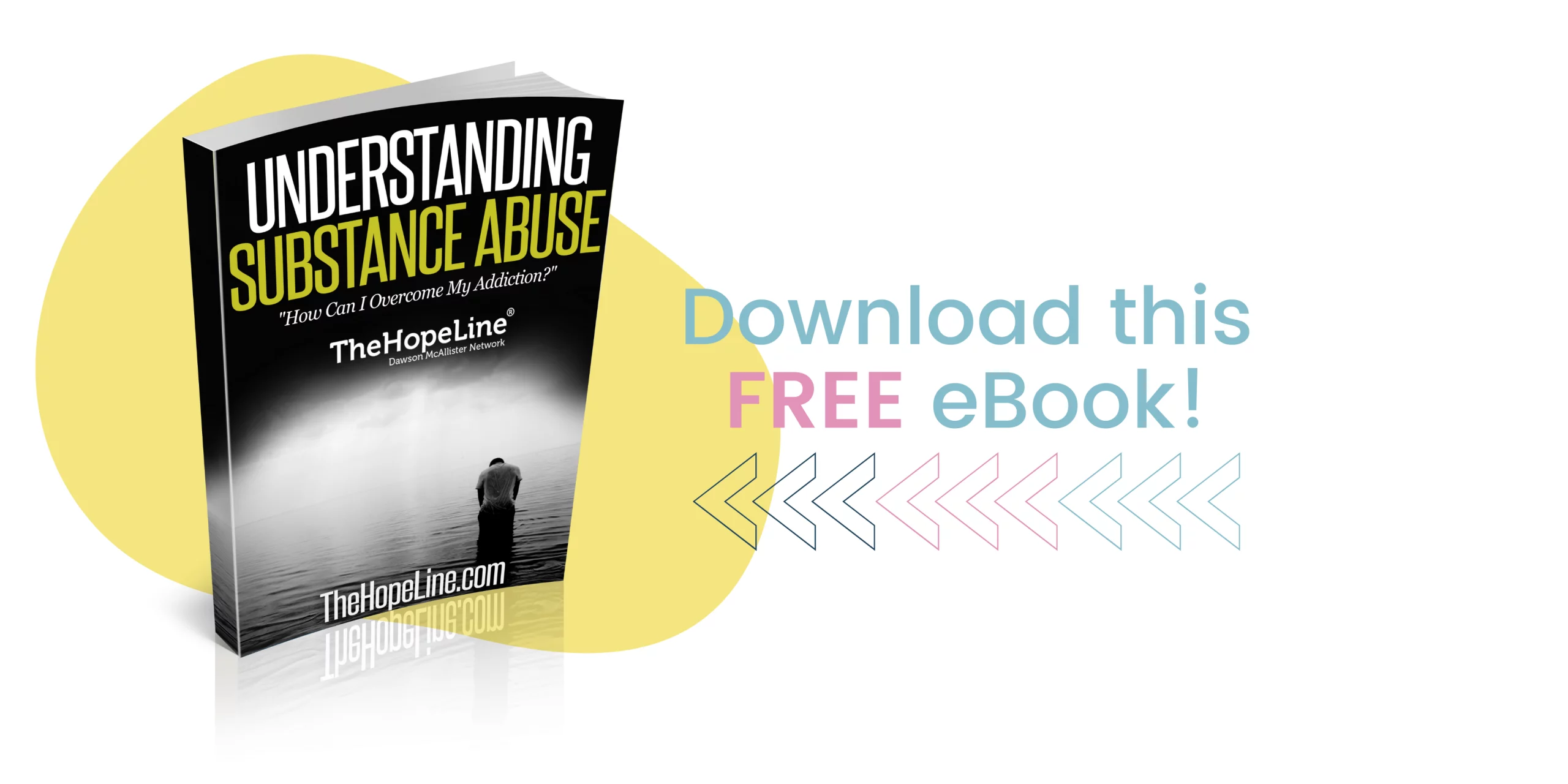If you live with an addiction to substances like drugs and alcohol, or harmful behaviors like self-harm or pornography use, it feels terrible to relapse or slide back into those unhealthy patterns after you’ve started on the road to recovery. I’m here to tell you that addiction recovery is never impossible, even after a relapse. You can still continue recovering from addiction, and you can live a sober life.
Know You’re Not Alone
I read recently that somewhere between 40 and 60 percent of people experience a relapse on their recovery journey. If you go through a relapse, there are many other people (including people in your support system and recovery group) who have been there and who have felt what you’re feeling. And guess what: they are still on their journey. They are still making progress. And you can, too.
It often feels like no one understands what you’re going through in your addiction. But that’s a dangerous myth. Remember the truth: there are plenty of people who understand, who are there to listen, and who have grown stronger after relapses.
Think of a Relapse in a New Way
It is so easy to get stuck in a spiral of guilt and shame after a relapse. You feel humiliated, frustrated, and angry with yourself for slipping back into behaviors you promised you’d stop. But the truth is, that’s part of being human. And it doesn’t make you a bad person.
Many of the strongest people I know, whose work in recovery I truly admire, have had multiple relapses over the years. So, what’s the difference between the people who don’t return to recovery and the people who do?
They understand that they’ve experienced a setback. Of course, they acknowledge where and why things went wrong. But their relapse is never the end of their journey. It’s a steppingstone that helps them learn from their mistakes and grow stronger in their resolve to get back on track.
Accept Forgiveness
I know a relapse can feel like one of the lowest points in your life. But I also know that there is always a way out of places like that.
It helps me to remember that God has never abandoned me and that He wants me to learn about myself and grow closer to Him in times when I’m feeling overwhelmed.
Many recovery plans include reliance on God (or a Higher Power) as a key part of what gives people the strength to start recovery, and to continue their recovery journey after a relapse.
It helps me so much to know that Jesus can sympathize with my weaknesses (Hebrews 4:15) and that He has given so many people the renewal they need to face their struggles. No matter where you are in your faith, God cares about you, There’s nothing He won’t forgive, and nothing He can’t help you overcome (Philippians 4:13).
If you can’t find faith in God during difficult times, I understand. There is always hope, and things can always get better. You can find love and forgiveness in friends you trust, family who love you, and people in your recovery group who know your struggles.
Make a Plan
Making a relapse prevention plan helps many people experience a fuller recovery and bounce back more quickly after setbacks.
Your therapist, or people in your recovery group, can help you make a plan that takes your relapse triggers into account, keeps you connected with your support system, and encourages healthy habits.
TheHopeLine can help, too. Our HopeCoaches have a lot of experience helping people find healing after relapse. If you’re ready to get help without judgment, email or chat with a HopeCoach today.
I believe in you, and I'm here to support you on every step of your recovery journey. Read my blog to discover 3 basic steps that are important for staying clean.



